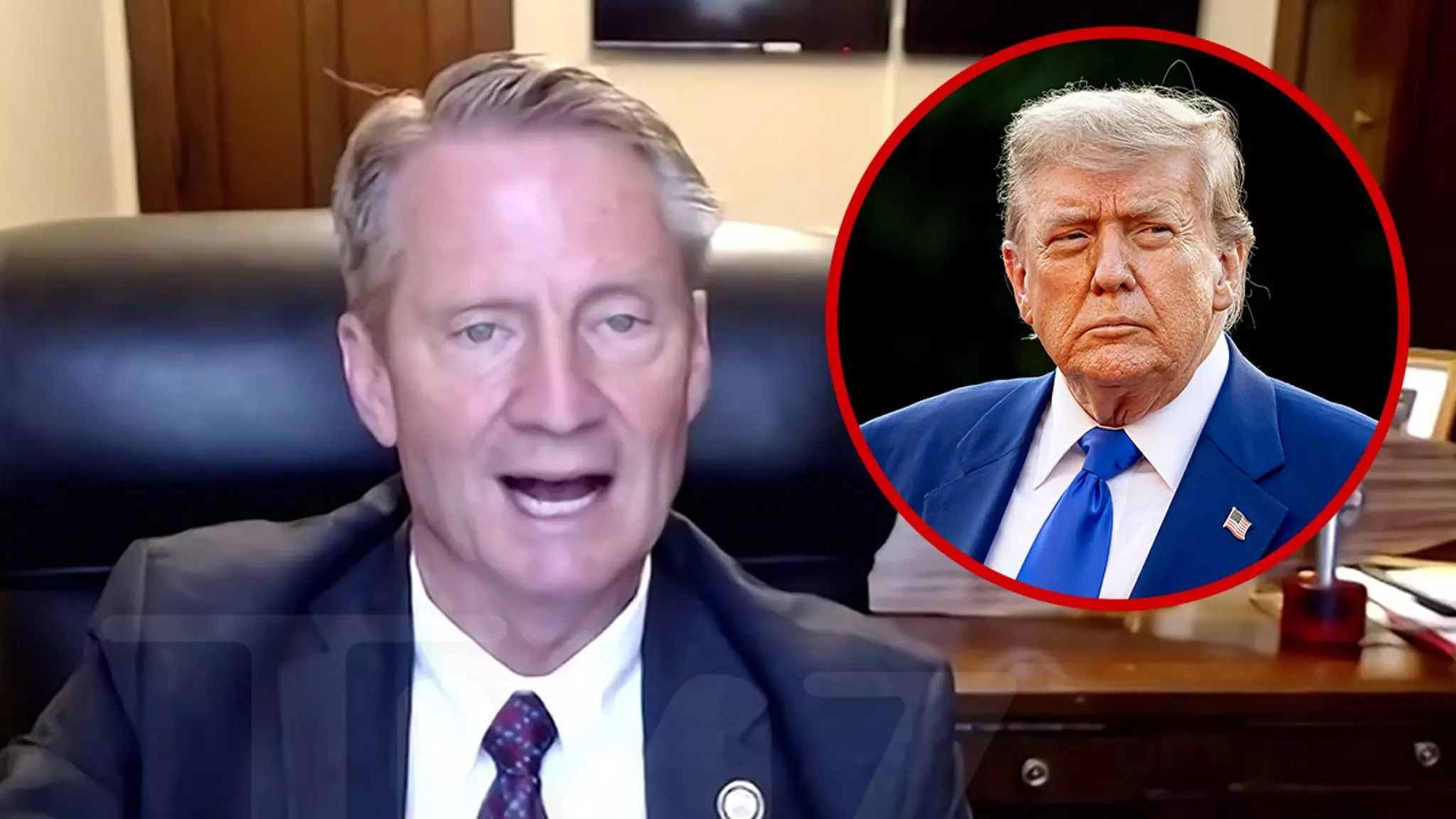In an era marked by political polarization and widespread skepticism of authorities, the debate over the Epstein files underscores a critical challenge: balancing transparency with sensitivity. Congressman Tim Burchett’s call for a special prosecutor highlights an underlying frustration that the public’s right to know is being thwarted by opaque procedures and protective secrecy. Trust in governmental institutions hinges on their willingness to confront uncomfortable truths, even when it risks exposing powerful individuals. Transparency isn’t just about releasing documents; it’s a testament to accountability and integrity in a system that, all too often, appears to shield itself from scrutiny.
By advocating for the release of Epstein-related information, Burchett suggests that the current state of secrecy fuels conspiracy theories and erodes confidence in the rule of law. If the government continues to withhold crucial details, especially in such high-profile cases involving notable figures, it fosters suspicion and feeds a narrative of cover-ups. The public deserves a transparent process that respects victims while recognizing the complex web of influence involving powerful elites. A nuanced approach, like appointing a special prosecutor, could serve as a compromise—striving to unveil truths without unnecessary harm.
The Complexity of Protecting Victims and the Public’s Right to Know
One of the core issues in releasing Epstein files is safeguarding victims from further trauma and unwarranted scrutiny. Burchett rightly notes that some information, like flight manifests, might be misinterpreted by laypeople, leading to false assumptions about who was involved or at fault. This highlights the importance of responsible disclosure—information must be carefully curated and contextualized, not merely dumped into the public domain.
Despite the desire for transparency, there’s genuine concern about the potential fallout for innocent individuals connected to Epstein’s circle. The challenge lies in striking a balance: how much disclosure is enough to satisfy public curiosity and uphold justice, without infringing on privacy or inadvertently implicating individuals who may not be involved in criminal activity? This delicate line demands expert handling, which is precisely where a specialized prosecutor could be instrumental. However, even with such an approach, the need for transparency must supersede political convenience or behind-the-scenes negotiations that only deepen public distrust.
Political Motivations and the Power Play of High-Profile Figures
The case also reveals a broader pattern of politicization surrounding sensitive topics. President Trump’s fluctuating stance on the Epstein files exemplifies how powerful figures can manipulate public sentiment for their benefit, often shifting narratives to suit political needs. While Trump initially pledged to release Epstein’s files, his subsequent silence or deflections have frustrated advocates and critics alike. Burchett’s remarks underscore the frustration within certain political circles that the files remain inaccessible, with many viewing the delay as a tactic to protect influential allies rather than pursue true justice.
Moreover, Trump’s confrontational language—denouncing media and opposition figures for dwelling on Epstein—reflects a strategy to deflect accountability and dominate the narrative. It’s a pattern seen repeatedly where high-stakes cases are weaponized to galvanize political support or silence dissent. The evident disconnect between promises and actions fuels skepticism and fuels the perception that political power is being wielded to obstruct justice rather than promote it.
Leading with Integrity Amid Political Turmoil
Burchett’s stance illustrates a rare call for moral clarity in a landscape often muddled with equivocation. His emphasis on the pursuit of justice over political expediency reveals an understanding that integrity in leadership requires more than just winning elections—it demands confronting uncomfortable realities, regardless of who is involved. The push for a Department of Justice-led process reflects a desire for independent authority to evaluate and disclose information responsibly.
Ultimately, the Epstein files act as a mirror reflecting the deepest flaws within political and judicial systems—secrecy, influence, and the reluctance to face uncomfortable truths. The path forward calls for courageous transparency, guided by principles of justice and respect for victims. While the stakes are high and the political repercussions daunting, history reminds us that justice delayed is often justice denied. The public’s faith depends on leaders willing to challenge the status quo and deliver the transparency that accountability demands.

